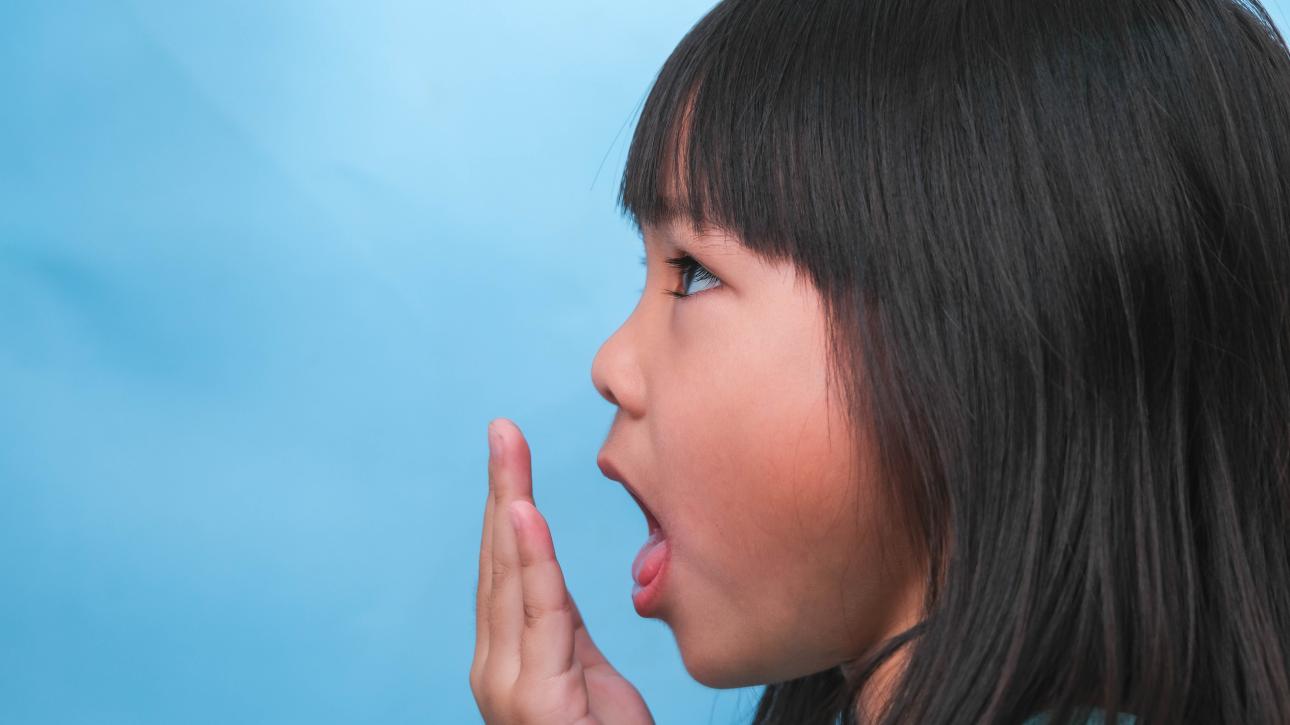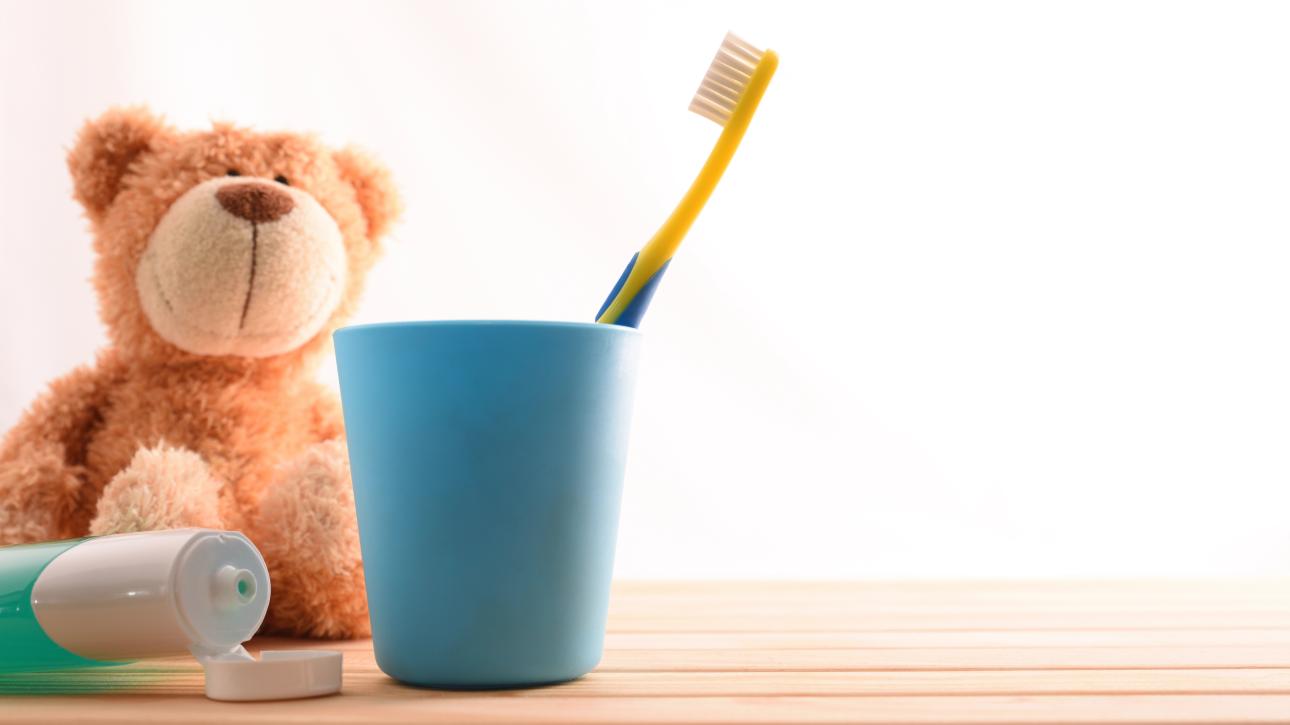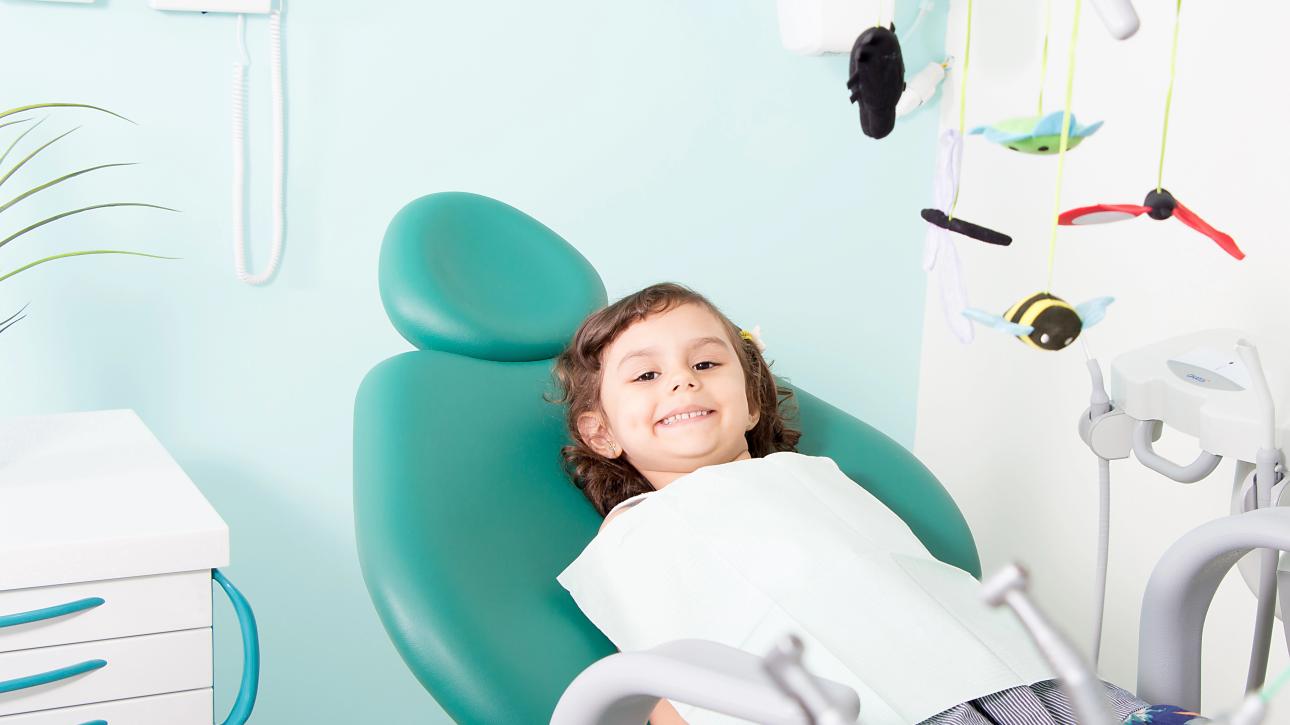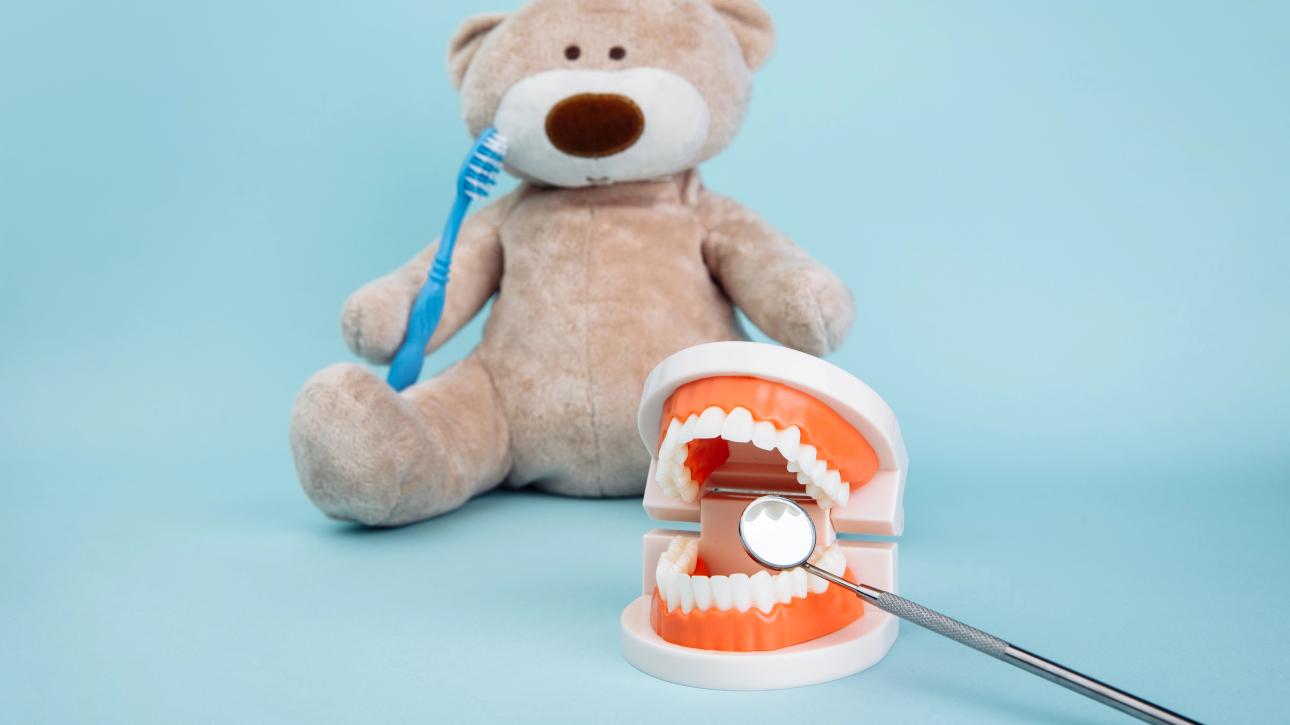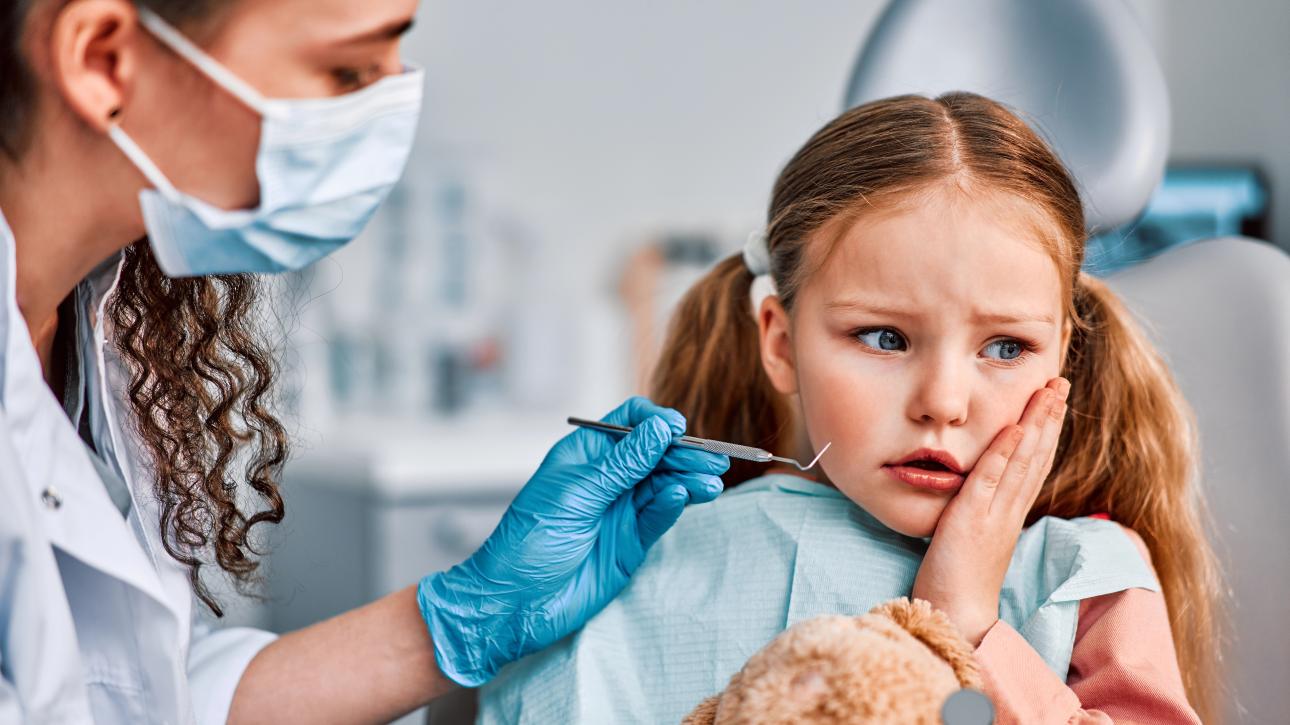Crowns aren’t just for kings and queens—they’re for kids too. And no, not the dress-up kind. Dental crowns for kids might sound surprising to some, but they’re an essential part of modern pediatric care. They protect smiles, prevent bigger problems, and often help avoid early tooth extraction for kids.
So, why would a child need a…






